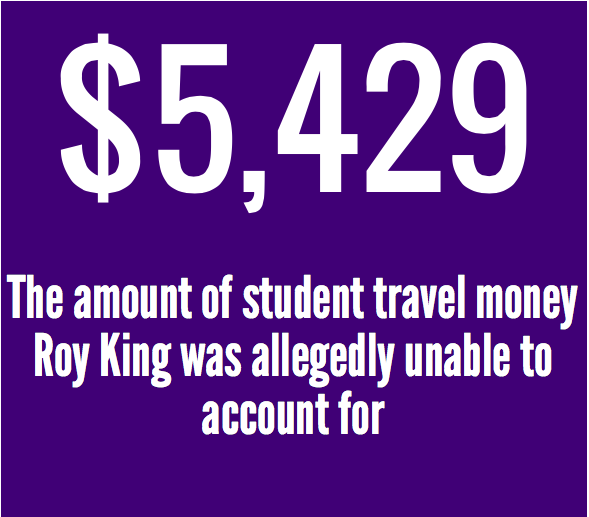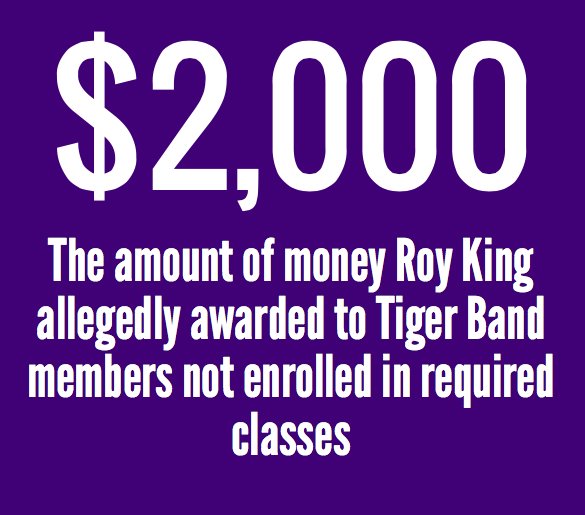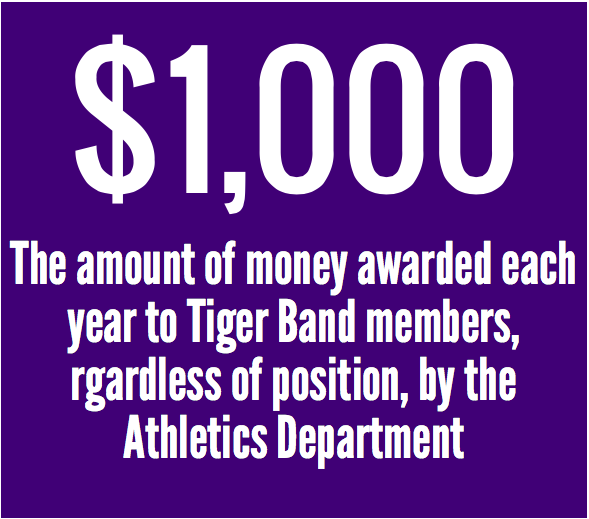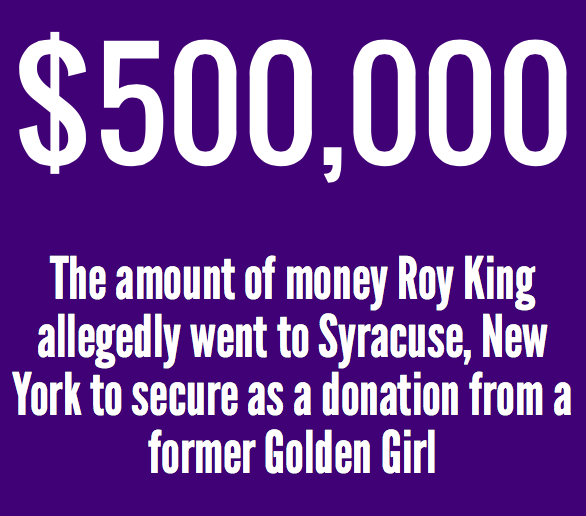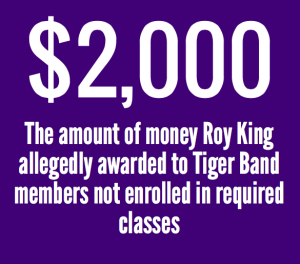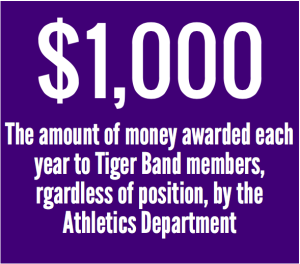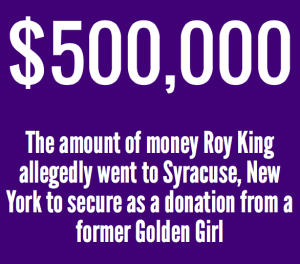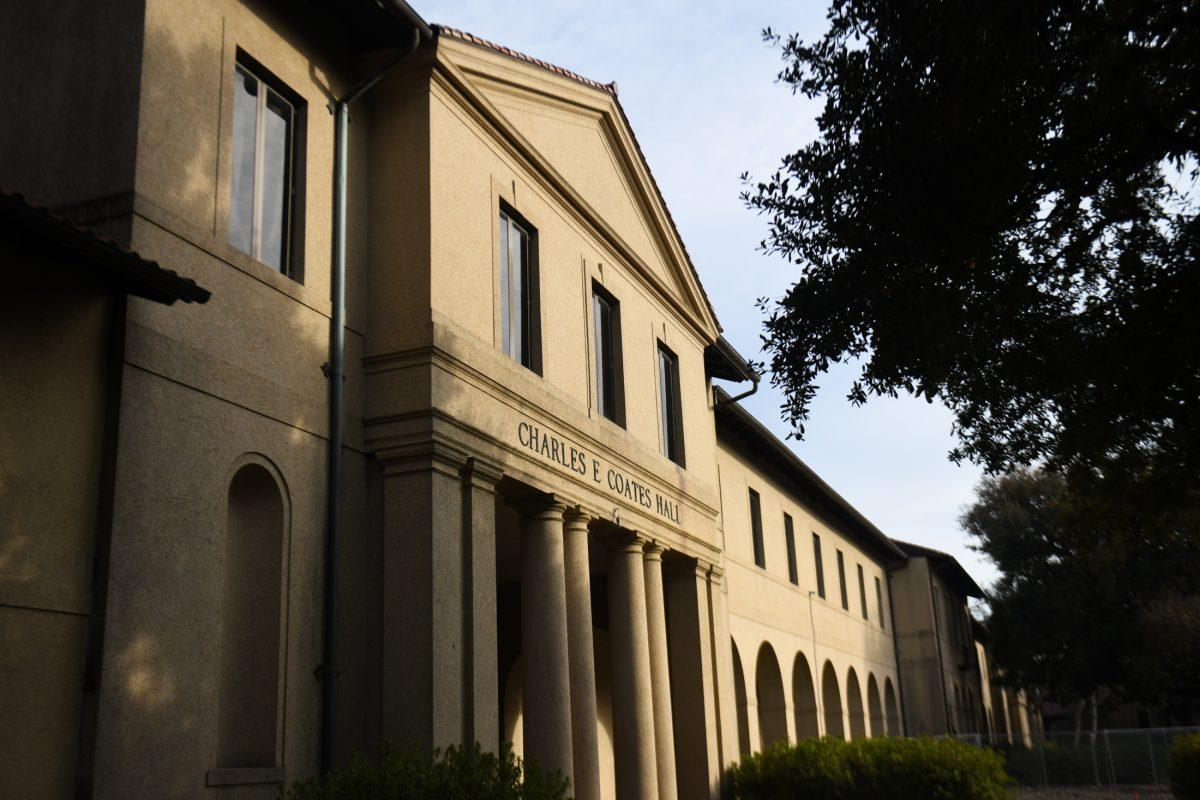The LSU Office of the Internal Audit’s report on former Tiger Band Director Roy King was released Monday — the same day King filed a lawsuit against the University.
According to the document, the audit found that King distributed Athletics Band Scholarships to LSU Golden Girls and Color Guard without approval, was unable to account for $5,429.45 advanced for student travel, circumvented policies and College of Music and Dramatic Arts directives, released confidential personnel information, violated the University’s nepotism policy and repeatedly violated the procurement card policies.
The lawsuit filed Monday refuted these claims, arguing “it has been no secret that the Administration in the LSU School of Music desires to obtain the entirety of the Golden Band budget from Athletics use for School of Music purposes not necessarily related to the Golden Band.”
The lawsuit goes on to to describe an alleged incident in which School of Music administrators, then-School of Music Dean Larry Kaptain and the then-CMDA Associate Dean Jane Cassidy, offered to pay him “an illegal bribe/extortion.”
LSU Media Relations Director Ernie Ballard said numerous claims in the lawsuit, including the funding dispute, were false.
“As previously stated, the notion of a ‘money grab’ by the School of Music is false and, along with the lawsuit as a whole, has been orchestrated by Mr. King and his attorney to distract from the real issues behind his termination,” Ballard’s statement said.
Scholarships
The audit states the Athletic Band Scholarships are intended to to attract “blue chip” players for the band. According to the audit, the scholarships were created in 1971 and awarded to all members of the band, including Golden Girls and Color Guard.
In 1978, 40 more band scholarships were established for “outstanding instrumentalists.”
“Athletics management and CDMA management each confirmed that they specifically communicated to King that these funds were not intended for any band member who was not an instrumentalist, such as Golden Girls and Color Guard,” the audit states.
According to the audit, however, King distributed $12,000 in Athletic Band Scholarships to 11 Color Guard members and six Golden Girls between 2014-2016. The audit also shows $2,000 in stipends were awarded to students not registered in the required band class, MUS 4250, violating University policy.
King’s lawsuit says Director of Bands Damon Talley and School of Music Dean Todd Queen approved a list of students receiving the scholarships, which included Golden Girls and Color Guard members.
The lawsuit also states King met with the director of financial aid after being named Band Director to ensure the process followed University procedure.
Missing funds and procurement card abuse
According to the audit, King was unable to account for $5,429.45 for student travel. The funds were part of a $6,000 advance issued Dec. 21, 2015. The audit shows the funds were to be used to cover $2,500 in baggage fees for 50 travelers, a practice field rental for $2,000 and “emergency” totaling $1,500.
The audit states King said he transferred the remaining money and receipts to the administrative coordinator, though indicated he did not know the amount of cash or the number of receipts. The administrative coordinator acknowledged receiving an envelope from King, but did not count the cash or receipts.
The coordinator also stated the cash was kept locked in her desk at night, but it was kept in an envelope under her desk. She noticed the money was missing during the week of Feb. 29, but did not inform anyone of the missing funds. The audit says the coordinator could only provide receipts totaling $280 and had no explanation for the other funds.
On March 31, King turned in seven more receipts for expenditures totaling $290.55, according to the audit, leaving $5,429.45 unaccounted for. In the termination letter, Associate Vice Chancellor A.G. Monaco wrote that King said the coordinator had a “long-standing problem managing financial accounts.”
King’s lawsuit said that, even though another employee had accepted full responsibility for the missing funds, Monaco “continued his threats” against King. The lawsuit includes an email from Monaco on April 1.
“I am neither a representative of law enforcement or bound by rules of counselor confidentiality and can offer no advanced warning of what might or might not be used against you at a latter date,” Monaco’s email read, according to the lawsuit.
The audit says a Tiger Band administrative coordinator was noted to have a record of procurement card (La Carte Card) abuse while she was supervised by King. The coordinator received three notices of noncompliance after using the card to buy equipment on three occasions. The three charges were $1,546.00, $1,582.87 and $4,188.00.
According to the University’s La Carte Card policy, equipment is not allowed to be purchased using the card.
The lawsuit says King turned in all receipts for the purchases and every purchase was approved. The document claims the employee processing the receipts did not turn in receipts for King and others in the department. According to the lawsuit, Talley and nearly 10 other employees had late submissions because of the employees’ workload.
Circumvention of policy and management directives
The audit alleges King changed budget descriptions of the Athletics Band Scholarship without approval and disregarded the proper directives of management.
According to the audit, from 2012-2015 the Athletics Band Scholarships totalled $70,000 “to attract the finest [blue chip] players who will participate in the athletic bands as well as the concert ensembles.” For the next two years, the scholarship listed $395,000, which combined the $70,000 allocated for scholarships and the $325,000 for stipends to all members of the band.
The description was also changed to say the scholarships are offered by the Director of Athletic Bands and that “these awards are primarily awarded to Tiger Band members who perform in the LSU Symphonic Band.”
According to the audit, King maintained that he had the authority to issue scholarships and that he did not need approval from the dean or the Director of Bands. The audit said that, as of March 17, King continued to refuse to get approval for granting scholarships.
King’s lawsuit argues that he had never received “any warnings, counselings, or even a reprimand” in regard to circumventing policy.
The audit states King intentionally disregarded management’s instructions related to travel and the selection criteria of the Color Guard and Golden Girls.
The audit describes an incident September 2015 when King requested funds to go on a recruiting trip to Syracuse, New York when the LSU and Syracuse University were playing football. King’s request for funds were denied by CDMA. The audit states King went on the trip without approval or taking leave.
King’s lawsuit says LSU Athletics authorized and paid for his travel, and that the trip was to secure a $500,000 donation for Golden Girls scholarships. The document says that none of the defendants, including Queen, ever denied him permission to travel.
Confidential personnel records
According to the audit, King emailed the resumes of School of Music dean applicants and other current employees to former University employees against Policy Statement 40.R.03, which treats all personnel files as confidential.
The audit says King wrote an email to former employees dated June 26, 2014, with an applicant’s resume attached. According to the audit, the email stated, “Stay close to the toilet when you read this…”
The lawsuit argues that all King “did” was forward the information to an LSU employee. The document says nearly 100 other persons received the email containing the list of dean candidates with their resumes attached.
Nepotism
LSU Policy Statement 25.R02 states nepotism is “favoritism in employment or promotion on the basis of family relationship rather than the basis of merit.” The general policy also prohibits that any member of the immediate family of any administrator be employed in that administrative area.
The audit states King’s daughter was a student employee for the band at various times between January 2013 through March 2016. The document says King’s daughter reported to the administrative coordinator who, until August 2015, reported to King.
The lawsuit, however, argues his daughter was under Talley’s supervision. According to the lawsuit, King’s daughter was not hired by him.
“The former Director of the School of Music — now Vice Provost — Cassidy directly supervised her own husband and still supervises her own husband, as do a large number of LSU employees, including high level LSU administrators even today,” the lawsuit says.
Recommendations
The audit recommended CMDA assume full responsibility for the Athletics Band Scholarship funds. The audit also recommend management seek to recover the missing funds advanced to King and request new La Carte Cards be issued to employees whose cards had been “compromised.”



